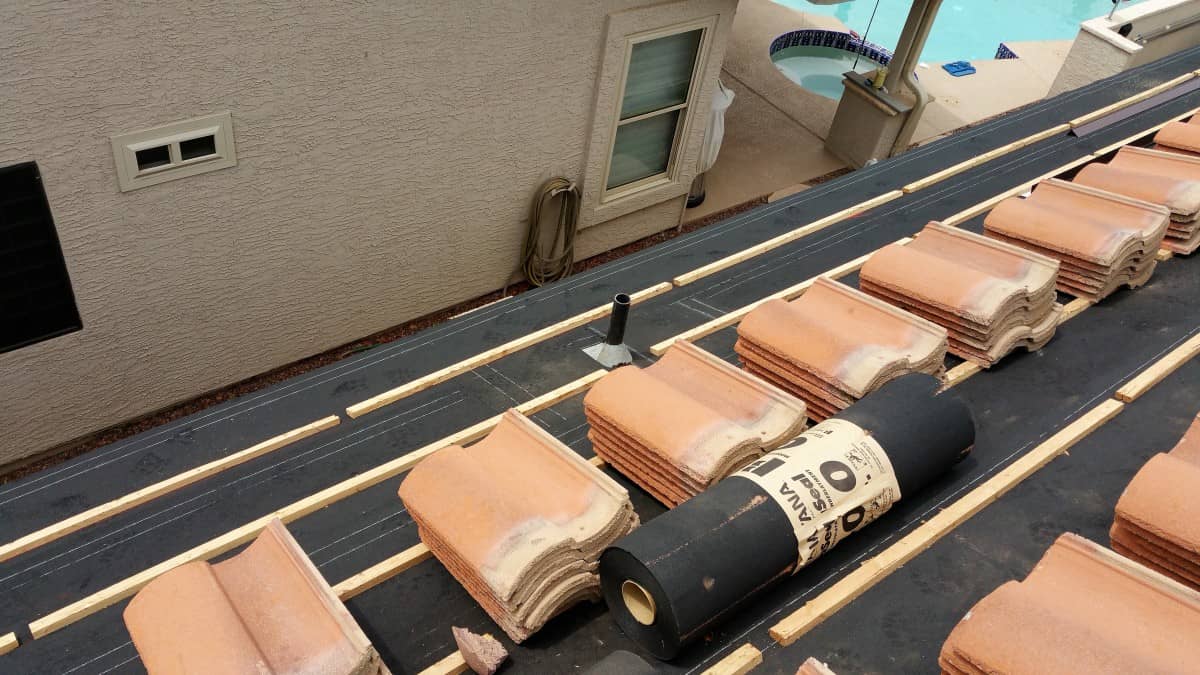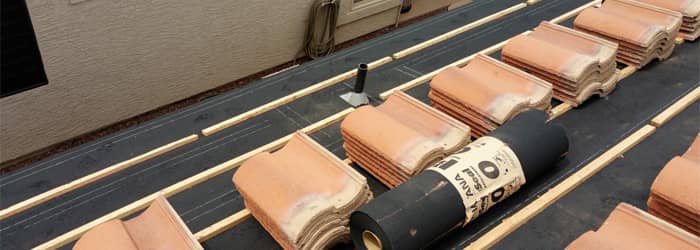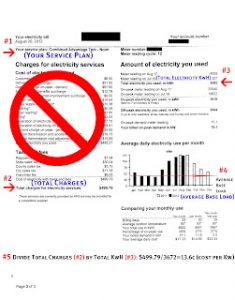Understanding Your Roofing Contract
Contracts can be simple or wordy. It is important to know what an acceptable level of detail in a contract to re-roof should be for your home. Rosie on the House Certified Partner, Canyon State Roofing tells us what is needed Beyond The Scope of Work in a re-roof contract.
Robyn Charland says the typical information of the type of roofing material and its color are the basics, but there is so much more that they feel should be spelled out. Here are some tips to consider when it is time to re-proof your home.
Pre Job

An integral part of any re-roof will be the warranty that runs with the roof. Take the time to understand the nuances associated with the warranty type you are getting. Robyn warns us that not all warranties are the same.
- Warranties are specific to the manufacturer of the roofing materials.
- There may be a different warranty for the underlayment or substrate than for the tile or shingle material.
- We have seen recently that several synthetic underlayment systems are failing. Make sure all the products your roofer uses are compatible and covered by the warranty provided.
- Many manufacturers will exclude items you might think would be covered. Some exclude warranty transfers to someone who may purchase your home. Note that some only cover materials and not labor. Know what these are BEFORE you sign the contract. This may be the most potentially contentious aspect of your contract.
Before the work commences, the person in charge of your project, the superintendent, should come out to inspect the job and your home’s surroundings. This is also an opportunity to meet you, and exchange information so you know whom to contact. This person should visit the project daily while the work is performed.
Protecting Your Property
Protection includes a lot of information you should have about the steps a company will take to prevent damage to your home.

- Tarps are used in a variety of ways. They will cover your landscaping and protect other areas of your home from dust and debris. They also protect those portions of your roof that are uncompleted at the end of the workday. Have your roofer explain how they will be used, and spell it out in the contract.
- Driveway protection. During a re-roof, tearing off the old roof will require a dumpster to be delivered to your home. Their steel wheels can scar and damage your concrete or paver driveway. Robyn says you should insist on plywood being placed on the driveway surface before dumpster delivery.
- HVAC equipment protection is critical. Dust and debris can get into fans and cause a lot of damage. Robyn recommends a hard covering be placed on a stand that protects the equipment while allowing it to function. Wrapping equipment or putting a tarp over it will not let the necessary air to flow properly.
- Daily cleaning routines. Re-roofing generates not only dust and debris, but also pieces of roofing materials, nails, and the plastics some roofing materials are packaged. Have your roofer explain their cleaning regimen. Robyn says once a day may not be sufficient. Ask if they will sweep the ground with magnets. Picking up sharp nails and bits of metal flashings will help protect your children, pets, and tires from any harm.
- Ask about their safety program. Each project should have a written safety protocol specific to that project. There are OSHA requirements that need to be met. Crew safety and your safety are important. Some re-roofs will require harnesses for fall protection. A ground crew member may act as a lookout. A written safety program may protect you from any claims as well.
- Documentation. A good practice is where a roofing company will provide you with photographs before and after the work is done. This is evidence of how the project was completed and any damage corrected. They should provide documentation of proper flashing, particularly in sensitive or hard-to-observe areas. Photos of proper underlayment systems, fastening systems, and general construction practices can be archived for future warranty issues and passed to the new homeowners for their records.
There are many parts to a solid contract. Products that will be used, cost and payment schedules, dates, and timeliness are the basics. These Beyond the Scope of Work points should be included. Don’t sell yourself, or your roofer short by not paying attention to other significant details.
###
CONTENT PARTNER | CANYON STATE ROOFING & CONSULTING

One of the only Phoenix Valley roofing companies to provide metal roofing services, Canyon State Roofing & Consulting takes pride in being the best Arizona provider. With over 20 years in business and a long list of happy customers, our company has earned an incredibly positive reputation among Phoenix Valley homeowners. Canyon State Roofing is an affordable roofing company, backed by airtight warranties, great customer service, quality craftsmanship & quality materials.
PODCAST
Canyon State Roofing’s Jim McLain and Robyn Charland discuss the contract with a roofer. Understanding everything from the beginning. Agreeing on the details of scope of work little or no surprises. Jim talks about his approach to a good contract that can benefit your next roofing install. In addition to homeowner questions about roofing.
Podcast Archive With Expanded Content and Resources
PHOTO CREDIT
- Istock
- Canyon State Roofing & Consulting

















